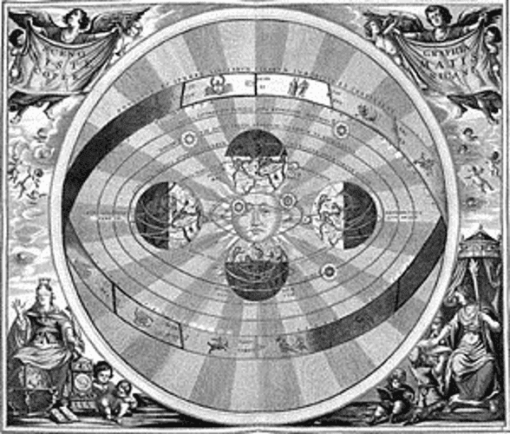
 Jung Chicago Radio
Jung Chicago Radio Breaking the Code of the Archetypal Self: An Introductory Overview of the Research Discoveries Leading to Neo-Jungian Structural Psychoanalysis
13 snips
Jan 16, 2019 Robert Moore, PhD, expert in Neo-Jungian Structural Psychoanalysis, discusses research discoveries leading to this paradigm. Topics include deep structures in psychoanalysis, Jungian perspectives on therapy, autonomous complexes, tribalism in psychology, archetypal structures, and decoding the objective psyche.
Chapters
Transcript
Episode notes
1 2 3 4 5 6 7 8
Introduction
00:00 • 3min
Journey Through Theoretical Integration in Psychoanalysis
03:19 • 27min
Exploring Jungian Perspectives on Psychotherapy and Personality Theories
30:05 • 18min
Exploring the Significance of Autonomous Complex in Object Relations Theory and Jungian Tradition
48:21 • 2min
Exploring Tribalism and Cult-Like Behavior in Psychology
49:55 • 26min
Exploring Archetypal Structures and Neo-Jungian Approaches
01:16:23 • 12min
Decoding the Objective Psyche: Advancing Neo-Jungian Perspectives
01:28:34 • 8min
Exploring Optimal Self-Organization and Creative Integration in Therapy
01:36:10 • 4min


